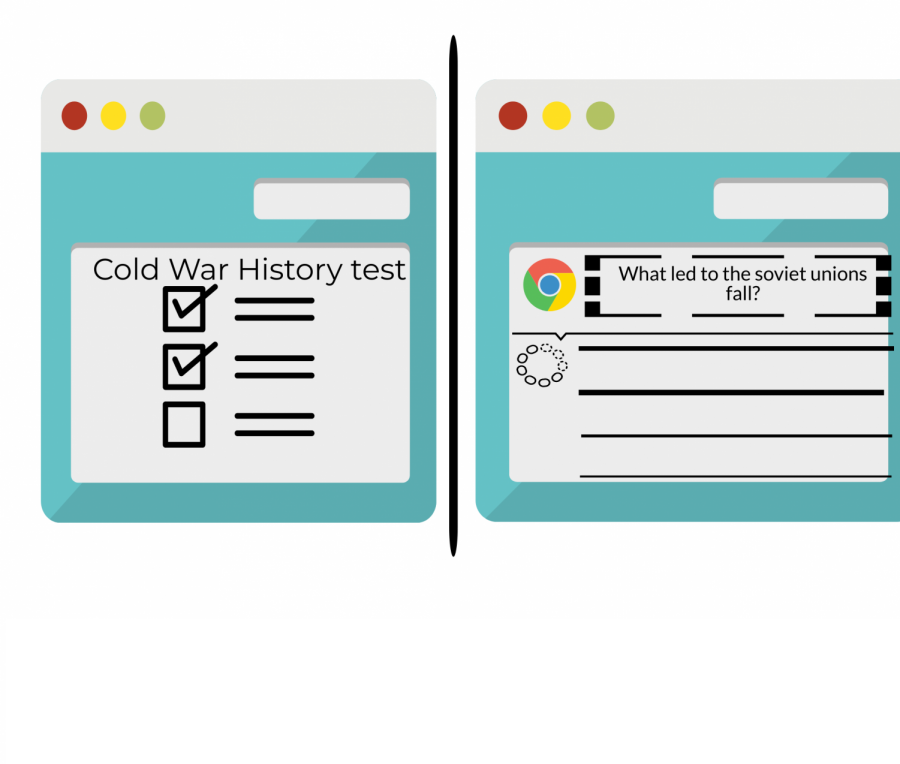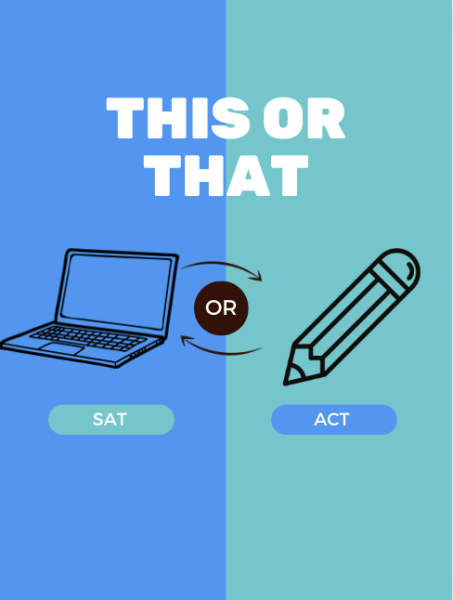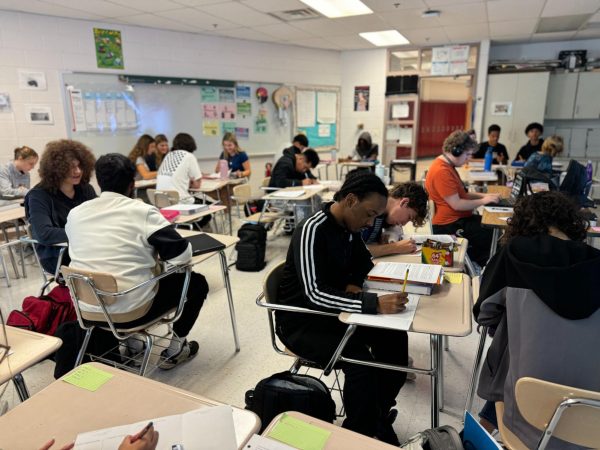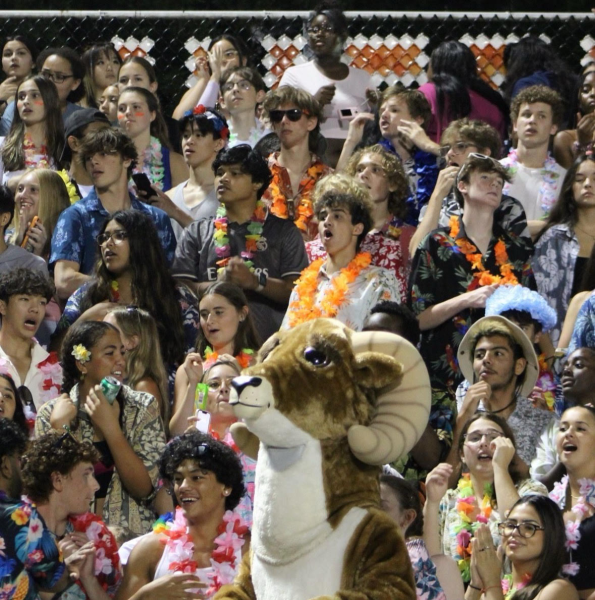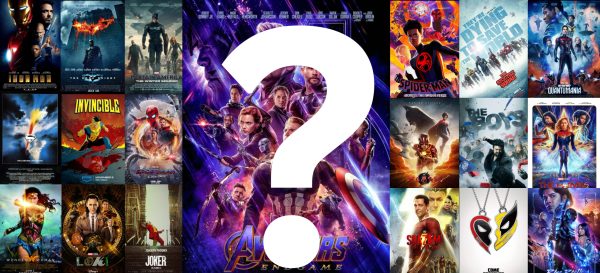Are Students Being Held Accountable During Online School?
Amidst COVID-19, virtual learning became the norm for many schools around the country. Students are given lessons on zoom and then assigned work that they are expected to complete by the next time they have that class. This method of instruction poses some challenges for students and teachers alike, but what is most important is how students can be held accountable for whether or not they are sharing work with their peers or flat out cheating on quizzes and tests.
The harsh reality is that most students do not complete work on their own. Although students are not at school with their peers, which seems like it would have curbed cheating, it made it easier for students to share answers.
Whether through social media, text or call, many students have access to technology that allows them to communicate with their peers to share answers. Most students are taking advantage of this and the fact that there is no way for teachers to ensure that students are not sharing answers.
We must ensure that students are remaining honest academically while still ensuring that their privacy is protected. Teachers should begin to distribute different tests and make sure that assignments aren’t too similar.
Although cheating on an assignment such as a narrative or an essay proves more difficult for students, students still have the opportunity to cheat in more objective subjects such as math and science. Due to the style of classwork, students are able to share answers with each other.
Teachers expect students to be truthful in their work, but it is hard to maintain this kind of trusting relationship with students due to the fact that there is no way to monitor students’ actions and hold them accountable. Currently, MCPS offers no resources that help teachers ensure student accountability.
On the other hand, virtual learning also makes it difficult for students to be able to learn and understand the information that is taught. Being on a screen for four hours a day poses many difficulties for students and students begin to lose focus.
For teachers and students alike, virtual learning poses many challenges. Students may struggle to learn with the instructions given to them or they may fail to follow the rules and instead use a peer’s work or answers instead of “cheating.” We need to ensure that students are learning and are maintaining their motivation in spite of the difficulties posed by the virtual environment.

This is senior Ahmad Haleem’s first year as Editor-in-Chief with a focus on Opinion and Feature pieces. He was previously an Opinion Editor junior year....


